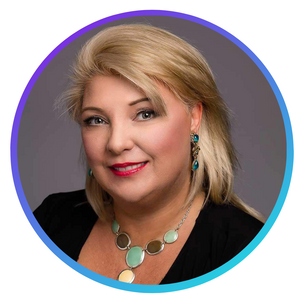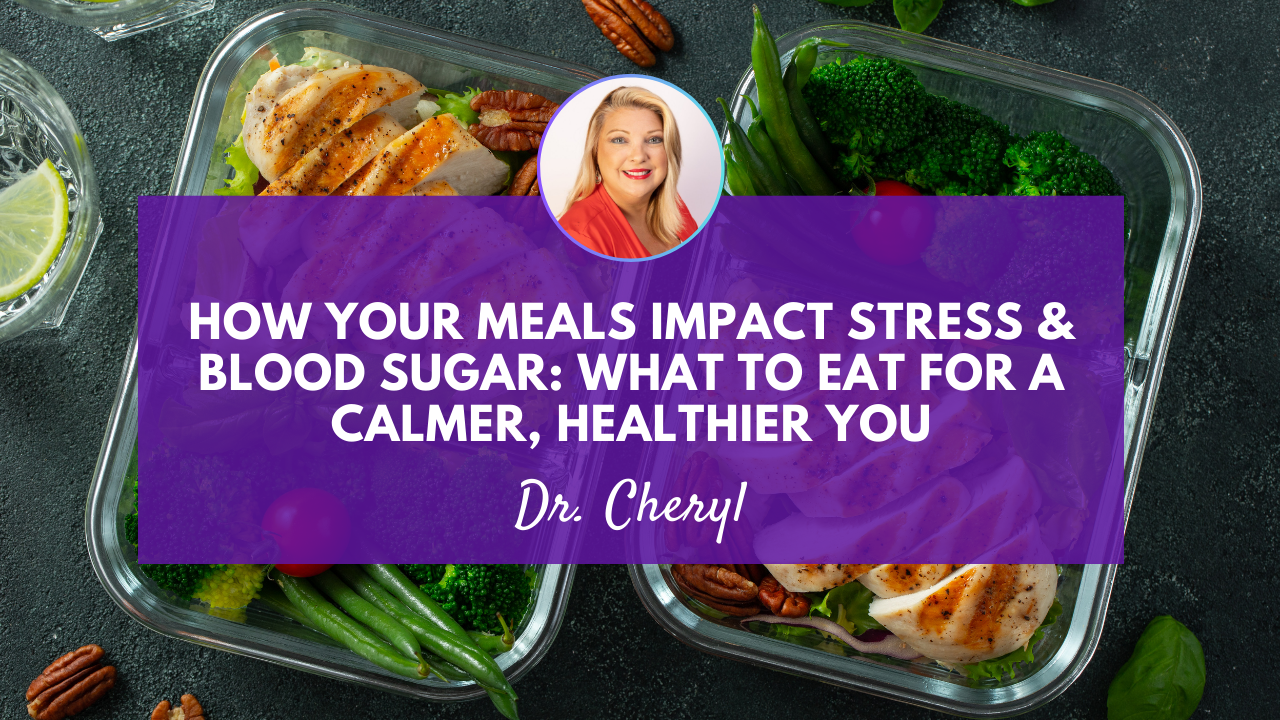
Navigating Depression with Diabetes: A Guide to Finding Hope
When you live with diabetes, you know that it can be a challenging journey of blood sugar ups and downs. What you may not know is that when blood sugars rise, your body gets flooded with excess hormones.
Some of the side effects you can experience include mood swings and depression. So,if you're reading this, you might be facing the challenging combination of depression and diabetes.
I want you to know that you're not alone on your journey. Many people in the global diabetes community endure the rollercoaster of blood sugars and emotions that come with managing both physical and mental health.
Let’s explore the connection, and a best holistic self-care practice that can help you start feeling better.
Understanding Depression and Diabetes
Living with diabetes is challenging enough on its own, and when you add depression into the mix, it can feel like an overwhelming battle. Depression is more than just feeling sad; it's a serious mental health condition that can impact every aspect of your life. When you're struggling with depression, managing your diabetes can become even more challenging.
The Impact of Depression on Diabetes Management
Depression can affect your diabetes management in several ways. It can make it harder to stick to your diabetes self-care plan, leading to fluctuations in your blood sugar levels. Depression can also affect your appetite, energy levels, sleep, and motivation to exercise, all of which can impact your blood sugar levels. Additionally, depression can make it harder to cope with the stress of living with a chronic condition, leading to feelings of hopelessness and despair.
The good news is that, as always, there is a holistic approach that can turn a frown upside down.
Holistic Self-Care Practices for Coping with Depression
One best holistic self-care practice that can make a big difference is to recognize and validate what you are thankful for in your life. Acknowledging what you are truly grateful for is the core foundation of the law of attraction. What you focus on, you attract more of in your life.
When we express gratitude, it activates areas of the brain associated with the release of feel-good neurotransmitters like dopamine and serotonin. These neurotransmitters play a role in reducing stress and promoting relaxation.
This is how to start feeling better in just a few simple steps:
- Close your eyes to help minimize external stimuli and bring your focus inward.
- Take mulitple deep breaths in through your nose and hold the breath for 4-5 seconds as you calm and center yourself and relax your mind and body.
- Begin to reflect on the blessings in your life, both big and small. These could include things like your relationships, opportunities, or moments of joy and happiness.
- As you reflect on these blessings, feel a sense of appreciation and gratitude for each one. Allow yourself to truly feel the warmth and positivity that comes from acknowledging the good in your life.
- Silently or aloud, express thanks for each blessing. You can simply say "thank you" or elaborate on why you're grateful for each specific blessing. You can choose to do your own gratitude journal or you can speak these aloud and give them power which in turn is empowering for you.
You are stronger than you know, and brighter days are ahead. By integrating holistic self-care practices into your daily routine, each practice gives you a new tool and a new skill adding to the benefits of better managing mood swings, feelings of loneliness, sadness and depression.
Stay tuned for weekly self-care feel-good practices throughout this month, National Mental Health Awareness Month, to ease your worries and elevate your spirit.
Together We Thrive: Navigating Depression and Diabetes with Community Support







